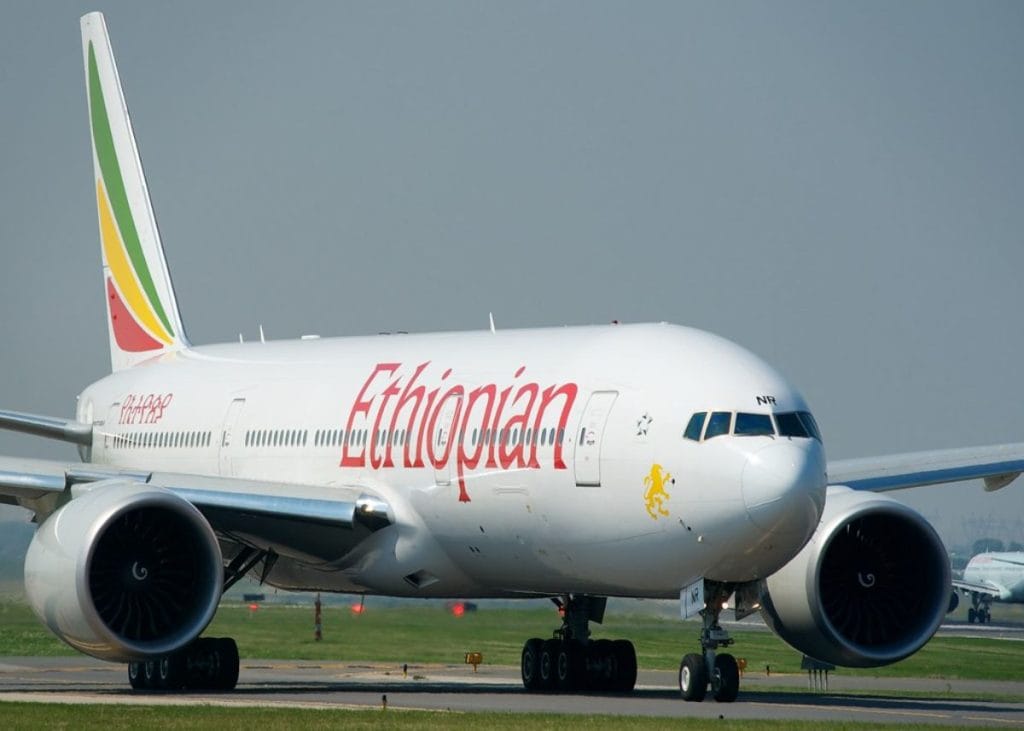Russia is pursuing a potential wet lease agreement with Ethiopian Airlines as part of broader aviation cooperation talks, according to a statement by the Ethiopian Civil Aviation Authority (ECAA). The move comes as Russian airlines face continued restrictions on acquiring Western-made aircraft and parts due to international sanctions.
A Russian trade delegation, led by Trade Commissioner Yaroslav V. Tarasyuk, visited Addis Ababa on July 29 and met with ECAA Director General Yohannes Abera to discuss expanding bilateral cooperation in the aviation sector. Key areas of interest included aircraft leasing, maintenance collaboration, and aviation equipment supply.
The Russian side expressed immediate interest in wet leasing aircraft from Ethiopian Airlines to address capacity gaps during the peak summer travel season. A wet lease arrangement would allow Ethiopian Airlines to provide crew, maintenance, insurance, and aircraft (ACMI) to Russian carriers under Ethiopian registration—a potential workaround for Russia to operate modern Boeing and Airbus jets otherwise restricted by sanctions.
Also high on the agenda were maintenance cooperation and the expansion of MRO (Maintenance, Repair, and Overhaul) facilities in Ethiopia. Russia acknowledged Ethiopia’s Boeing-accredited MRO capabilities and signaled its willingness to partner in expanding such infrastructure.
Additionally, the Russian delegation proposed supplying Russian-made navigational aid equipment to Ethiopia, citing its widespread use in Indian airports.
Tarasyuk also emphasized Russia’s interest in finalizing a revised air transport agreement with Ethiopia, compatible with Russian legal frameworks. Furthermore, Russia requested Ethiopia’s support for re-election to the International Civil Aviation Organization (ICAO) Council during its upcoming 42nd session in Montréal.
In response, Abera welcomed the Russian proposals and stated that Russian companies would be allowed to participate in competitive aviation tenders. He also confirmed that discussions on MRO collaboration would continue after stakeholder consultation.
However, analysts warn that any wet lease agreement with Russia could trigger Western scrutiny. Ethiopian Airlines’ access to European and U.S. airspace—critical to its long-haul operations—could be at risk if such a partnership is seen as circumventing sanctions.
Meanwhile, Ethiopian Airlines is navigating its own fleet challenges. CEO Mesfin Tasew recently confirmed that delivery delays from both Airbus and Boeing are affecting the airline’s expansion plans. Orders for A350-900s, B787-9s, and B777-9s have faced significant postponements, pushing deliveries as far as 2028. The carrier has turned to leasing options to cover gaps, including new agreements for B737-8s and B787s.
While no formal leasing deal has yet been confirmed, the discussions underscore Ethiopia’s growing role as a regional aviation hub—and Russia’s efforts to maintain international air connectivity despite sweeping sanctions.



